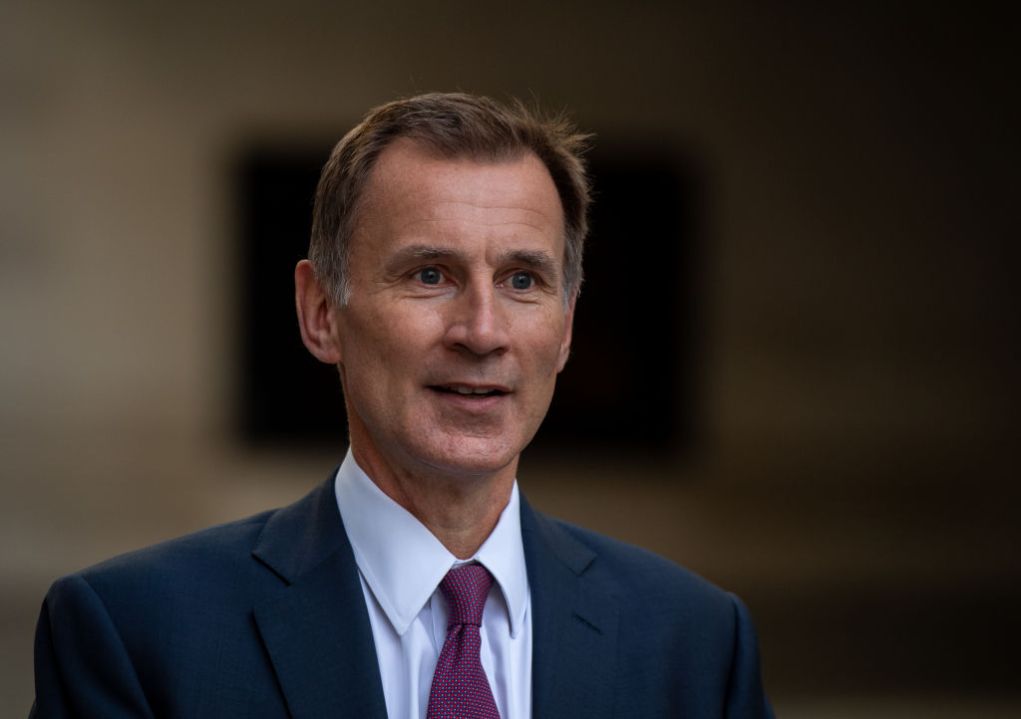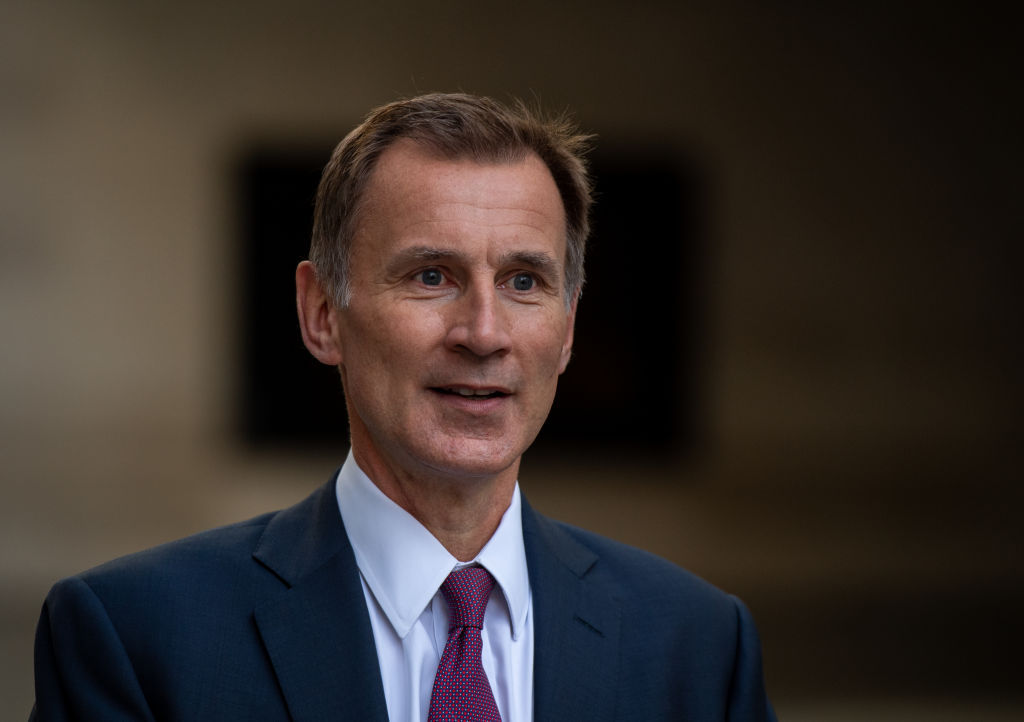The biggest surprise from today’s Budget was not an announcement, but the forecasts that gave Jeremy Hunt room for manoeuvre.
The Office for Budget Responsibility has revised its forecasts for economic growth and inflation towards the upside. The OBR no longer expects the UK to enter into a technical recession (two consecutive quarters of negative growth). Overall, it is predicting a small contraction of 0.2 per cent this year, which will be followed by an average of 2 per cent growth (1.8 per cent in 2024, 2.5 per cent in 2025, 2.1 per cent in 2026 and 1.9 per cent in 2027).
Moreover, the OBR predicts a big fall in the headline rate of inflation, from 10.7 per cent at the end of last year, down to 2.9 per cent by the end of this year (less than one percentage point off the Bank’s target). With inflation at 10.1 per cent on the year, the OBR must be expecting to see a spectacular fall in the coming months in order to meet its forecast – it’s the most ambitious forecast on record so far.
But while these forecasts have provided some optimism and leeway for the Chancellor’s fiscal announcements, Hunt is taking the finances rather close to the line. Against his own fiscal rules, he has left himself with £6.5 billion worth of headroom to get debt falling as a percentage of GDP by 2027-28, ‘the smallest amount of headroom any Chancellor has set aside against his primary fiscal target’ according to the OBR, which says the average has been £25.6 billion since the independent body’s establishment in 2010.
Meanwhile Hunt has borrowed an additional £15.6 billion a year to spend on his new Budget measures, including measures like his ‘full expensing scheme’ which allows ‘every single pound a company invests in IT equipment, plant or machinery can be deducted in full and immediately from taxable profits.’ He’s expanded the offer of ‘free’ childcare to parents with children between nine months and three years old (a move that is all but certain to raise the cost of childcare for parents outside of the giveaway, by creating more demand in a very tight market). And the Energy Price Guarantee, which sees ministers set the unit price of energy, will stay capped at £2,500 cap for another three months, in a bid to help keep bills down for families this spring. Altogether, the Treasury estimates it’s spending a total of £94 billion between this year and next ‘to support households with higher costs.’
Higher than expected fiscal headroom of £39.2 billion still gives him room to breathe, but no doubt voices within his own party will soon ask why more hasn’t been done to bring down the tax burden, which is now set to reach a post-war high in 2024-25. Hunt’s (expected) decision to stick with the government’s planned corporation tax hikes next month – which will raise the rate from 19 per cent to 25 per cent for the largest companies – has the OBR predicting the Treasury will reach the ‘highest ratio of corporation tax receipts to GDP since the tax was introduced in 1965’ by 2027-28.
This burden comes alongside the OBR’s estimate that real living standards are set to fall by 5.7 per cent over last year and this year: ‘the largest two-year fall since records began in 1956-57.’ The news comes just a day after the Office for National Statistics revealed that Britons have suffered the biggest fall in total pay since the financial crash, between November 2022 and January this year, making many workers feel worse off, even with pay raises.
The government is likely to pivot to its usual line, that the UK’s expensive years need to be paid for – and now is still not the time to cut tax. But Hunt has not worked towards creating a smaller state in this Budget. While the debt-to-GDP ratio is set to fall by the fifth year of the OBR’s forecast (a very loose fiscal rule), the OBR estimates that the ratio of public spending to GDP will ‘settle at 43.4 per cent, its highest sustained level since the 1970s.’ It was certainly not a Budget designed to reduce the state – rather one designed to barely sustain it.








Comments